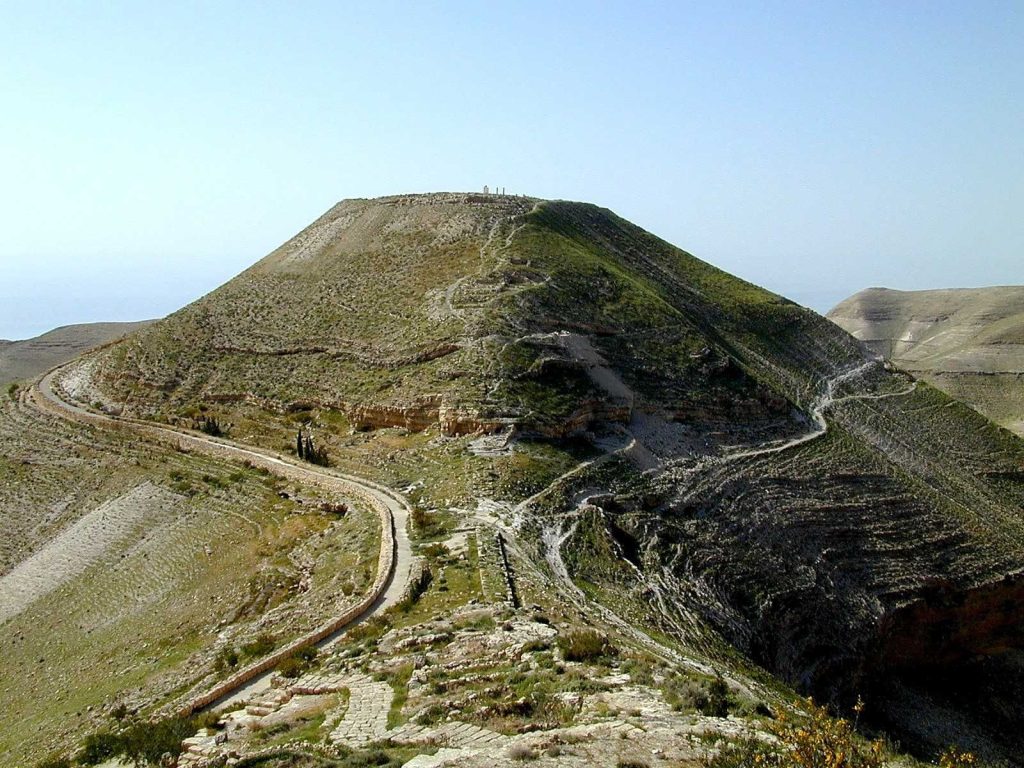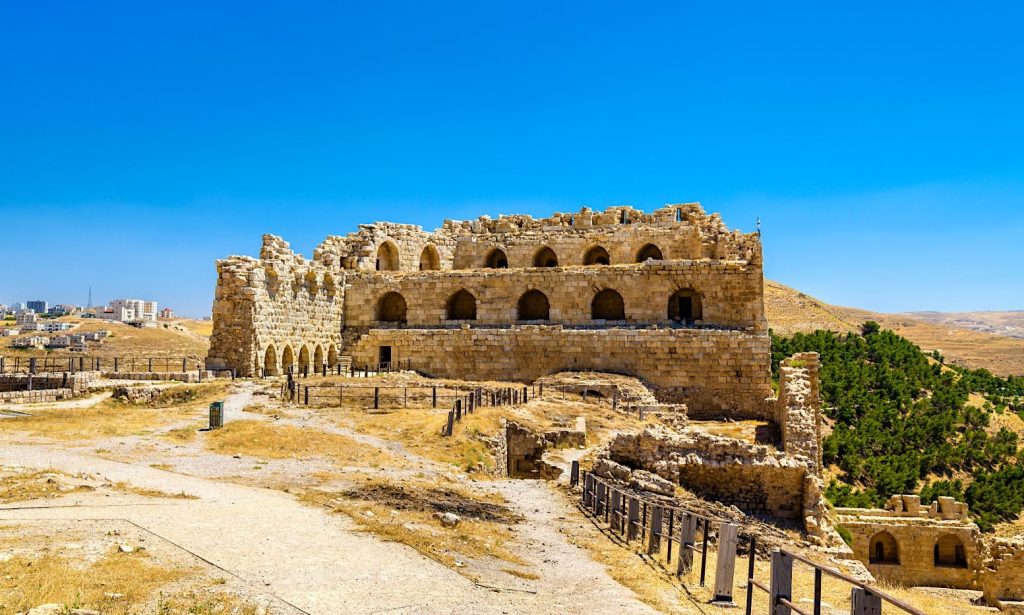Mukawir, is an ancient hilltop fortress located in Jordan. It is famous for its historical significance, as it is believed to be the site where John the Baptist was imprisoned and executed. The fortress offers stunning views of the Dead Sea and the surrounding landscape and is a popular tourist attraction for those interested in history and archaeology.
History of Mukawir

Mukawir, has a rich history dating back to ancient times. Here is a brief overview of its historical significance:
- *Pre-Roman Period*: The hill on which Mukawir stands has evidence of settlement dating back to the Hellenistic period. It was used as a fortified site, likely due to its strategic location overlooking the Dead Sea.
- *Roman Period*: During the 1st century BCE, Mukawir came under Roman control. It gained significant historical importance during the reign of King Herod the Great, who constructed a fortress on the hilltop around 30-20 BCE. This fortress served as a strategic military post and was named Machaerus.
- *Role in Biblical History*: Mukawir is most famous for its association with the New Testament. It is believed to be the site where John the Baptist was imprisoned and beheaded at the request of Herod Antipas, the son of Herod the Great. This event is described in the Bible in the Gospel of Mark (Mark 6:21-29).
- *Byzantine and Islamic Periods*: After the Roman period, the fortress went through various phases of occupation, including Byzantine and Islamic rule. It remained a significant site during these periods.
- *Crusader Period*: In the 12th century, during the time of the Crusades, the fortress was partially rebuilt by the Crusaders.
- *Abandonment and Rediscovery*: Mukawir was eventually abandoned, and its ruins were largely forgotten until the late 19th and early 20th centuries when archaeologists began to rediscover and excavate the site.

Today, visitors to Mukawir can explore the archaeological remains of the ancient fortress and take in breathtaking views of the Dead Sea and the surrounding landscape. The site’s historical and biblical significance continues to attract tourists and scholars interested in its storied past.
